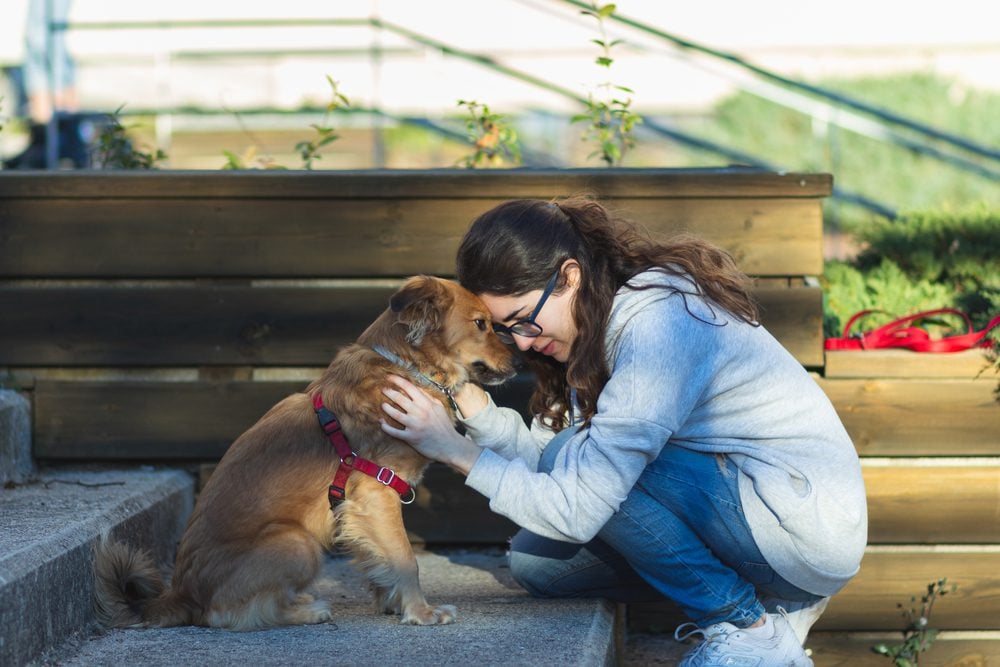
Dog Obedience Classes for High-Energy Dogs: Effective Training Tips
Share
High-energy dogs bring boundless enthusiasm and joy to a household, but without proper training, this exuberance can manifest as chaos. Dog obedience classes for high-energy dogs are essential in harnessing their energy positively, ensuring harmony in the home and a rewarding pet-owner relationship.
Imagine returning home to find your puppys energy has been effectively channeled into productive behavior rather than destructive habits. This transformation is possible through targeted obedience training specifically designed for high-energy breeds or personalities.

The Benefits of Training High-Energy Dogs
For health-conscious pet owners, it's crucial to understand that the mental and physical stimulation provided by obedience classes not only aids in controlling energy levels but also benefits the dog's overall health and wellbeing.
These classes can substantially decrease the stress that accelerates with a hyperactive companion, thereby improving the quality of life for both the pet and the owner. Training offers mental stimulation which is as crucial as physical exercise, helping reduce problem behaviors like excessive barking and digging.
Understanding the Challenges of Training High-Energy Breeds
High-energy dogs often exhibit rigorous activity levels and a relentless drive for play. Breeds like Collies, Australian Shepherds, and Labs need more than occasional walks to keep them satisfied. They thrive on tasks and challenges that stimulate their working instincts.
Without structured challenges, these dogs may display frustration through undesired behaviors. Tailoring obedience classes with activities that cater to their innate instincts can transform their behavior, contributing to their overall wellbeing and contentment.
Tailoring Obedience Classes for High-Energy Dogs
Understanding your dog's specific needs is vital. A class designed for a high-energy pooch needs to incorporate activities that are mentally stimulating, competitive, and cater to their physical capacities.
For example, agility training not only serves as a vigorous physical workout but also demands mental engagement, thereby satisfying the multiple needs of high-energy dogs. Consider classes that utilize agility equipment or training sessions that operate in varied settings to offer diverse challenges for your furry friend. More tips on effective training can be found in this AKC guide.
Creating a Customized Training Plan
The first step in managing high-energy levels is analyzing individual needs. Dog obedience trainers can help identify specific behavioral aspects to address and set measurable goals. For example, agility classes might work for some, while others benefit from obedience classes focusing on core commands.
Consulting with trainers who understand the nuances of high-energy breeds will result in a well-rounded, effective training plan. An additional resource for creating a customized training plan can be accessed here.
Reinforcing Training at Home
Training extends beyond the classroom. Repeating exercises at home will reinforce lessons learned, helping your pet retain new skills and ensuring consistency in behavior. Consistency is key in ensuring that what your dog learns in classes is applied at home.
Resources on reinforcing at-home training can be valuable. Internal links offer insights, such as understanding training anxious dogs and tackling fear issues in dogs.

FAQ Section
Are obedience classes necessary for all high-energy dogs?
While all dogs can benefit from training, high-energy dogs particularly gain from courses catering to their specific physical and mental needs, reducing undesired behaviors.
How frequently should my dog attend training sessions?
This depends on your dog's temperament and specific training needs. Regular attendance and reinforcement at home are crucial for effectiveness.
Can obedience classes resolve all behavioral issues?
Obedience classes provide a foundation and tools for addressing many issues, but persistent problems may require specialized intervention or continued training at home.
This article contains affiliate links. We may earn a commission at no extra cost to you.
